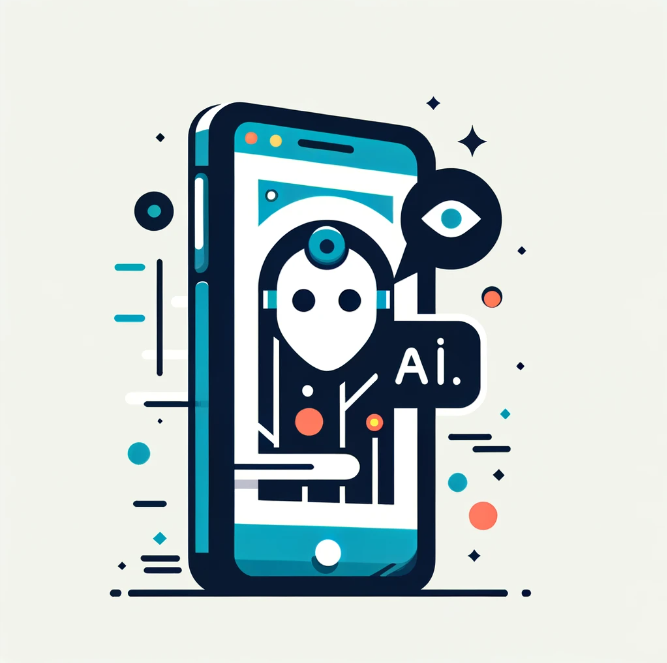Not too long ago, our entire digital existence was based on gadgets big and small. And there were loads of them: an iPod for your music, a mobile phone for your calls, a laptop for your emails, a camera for photos…
Of course, that’s no longer the case. Most of the gadgets we wouldn’t leave the house without are now quaint relics, and have been replaced by the Swiss Army knife of technology: the smartphone. Music, photography, communication, navigation, and entertainment—all of it just a tap away. The app was king, and the smartphone was its throne.
But as history teaches us, all reigns must end. Enter AI, and the new pretender to the smartphone empire. AI is poised to make the app seem as quaint as a CD player. In this world the mantra is simple: why bother with an app when you can converse with an AI?
It’s happening sooner than you might think, because of course it is. Imagine a day when booking flights isn’t a matter of navigating through a clunky app interface but a simple conversation with your AI assistant. “AI, find me a flight to Riyadh next weekend.” And voilà, consider it done. Or perhaps you need to capture and edit a photo. Forget filters and editing tools; just tell your AI what you want and it’ll just do it.
Tapping away at an app, once the height of convenience, suddenly seem like a chore by comparison.
But let’s not get teary-eyed over the demise of the app just yet. The transition from gadgets to apps was marked by a significant shift in how we interact with technology, but we still do interact with our smartphones in the same way. This leap to AI is different;
This evolution raises questions, both philosophical and practical.
- What does it mean for our autonomy when we offload our decisions to AI?
- Will the convenience of having AI do everything for us create us less curious? Less able to solve problems?
That said, as we race towards the future, one thing is clear: the app, as we know it, is dead. Long live AI.
